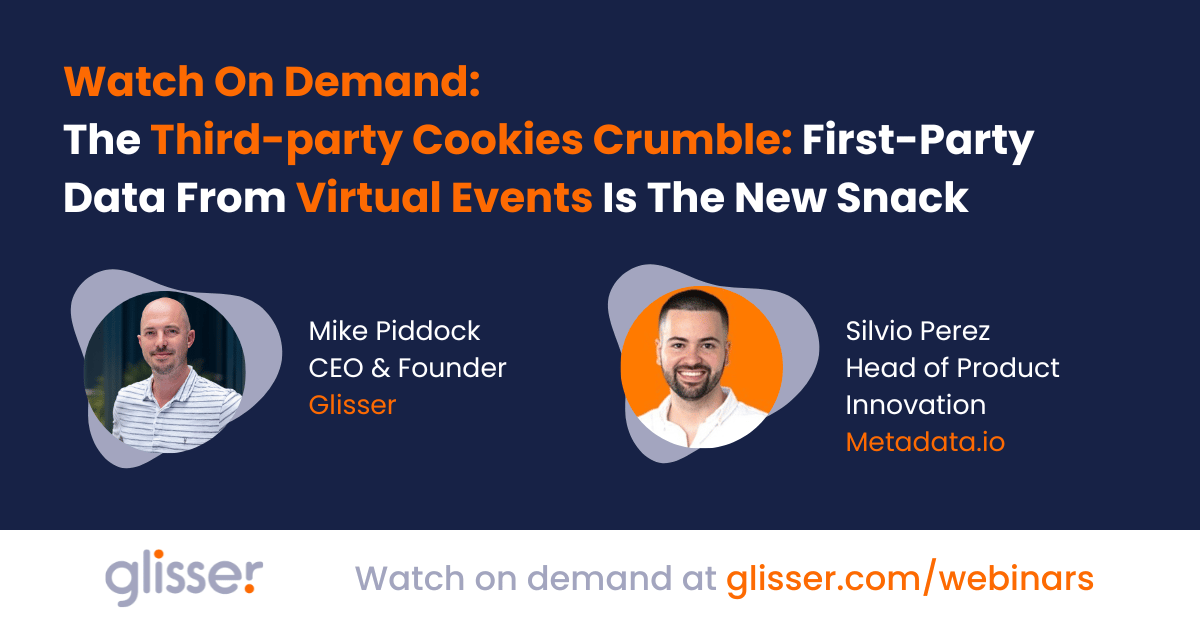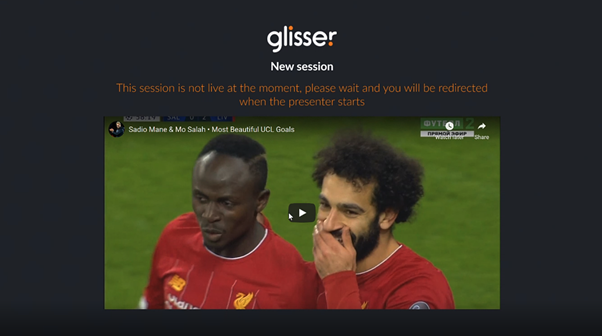The ‘Cookie apocalypse’or ‘Cookiepocalypse’ has been postponed until 2024, according to an announcement by Google at the end of July.
Even to someone who doesn’t understand what this could possibly mean, it still sounds like a good thing doesn’t it? Well, for marketers it’s a stay of execution that will allow them to serve more targeted ads by continuing to track individual users across websites using third-party parcels of data (‘cookies’) on the Google Chrome browser for at least another couple of years.
Complex and often over-intrusive, Apple banned third-party cookies on its Safari browser shortly after GDPR - the European Union’s data privacy legislation - came into effect in May 2018. It was swiftly echoed by the third most popular global web browser, Firefox.
However, to put this into perspective, as of August 2022, Google’s Chrome has a global market share of 65.52%, compared with Safari’s 18.78% and Firefox’s 4.92%. This means that more than six in every ten people still use Chrome to browse the internet, allowing themselves to be served advertising based on their tracked activity as they move from website to website.
Cookies have never been perfect but without them, marketers have much less control over how relevant their ads may be to the users seeing them.
The war on cookies hasn’t been about relevant targeting however. It has been waged around a loss of privacy and what could happen to our data if it were abused by third-party sites.
In January 2020, Google finally relented, saying that it was planning to block third-party cookies from its Chrome browser by 2022 and replace them with something it called FLoC (Federated Learning of Cohorts).
With FLoC, Chrome would keep track of users’ browsing habits across the web, and then place them in audiences, or “cohorts,” based on their habits. Advertisers could then target their ads to cohorts, as opposed to individual users.
Last year though, Google began abandoning trials of FLoC in markets where it didn’t meet local consumer privacy standards and by June, it was saying that plans to scrap third-party cookies would have to be delayed until 2023.
Google’s argument is that by simply ‘killing off’ third-party cookies without a suitable, privacy-led replacement, it will have ‘unintended consequences that could negatively impact both users and the web ecosystem’. In other words, if Google can’t come up with an alternative that’s acceptable to everyone, the risk of others creating more invasive workarounds to replace cookies is just too great.  To watch Glisser CEO Mike Piddock’s interview with Silvio Perez, head of product innovation at Metadata, register for our on-demand webinar ‘The Third-party Cookie Crumbles: First-Party Data from Virtual Events in the New Snack’.
To watch Glisser CEO Mike Piddock’s interview with Silvio Perez, head of product innovation at Metadata, register for our on-demand webinar ‘The Third-party Cookie Crumbles: First-Party Data from Virtual Events in the New Snack’.
Google’s latest data privacy-centric solution to meet the needs of developers, advertisers, publishers, consumers and regulators is its Privacy Sandbox APIs. Google says it will roll-out Privacy Sandbox technology trials to ‘millions of users globally’ beginning in October, with plans to expand testing into 2023.
The move to delay deprecation has been largely welcomed by the advertising industry.
Townsend Feehan, CEO at the Interactive Advertising Bureau Europe, wrote in a blog post: “Extending the timeline before phasing out third-party cookies is a welcome development for the industry that should help ensure a range of alternatives to third-party cookies that are technically robust and whose implementation has been thoroughly tested from a privacy compliance and commercial performance point of view.
“The scaling up of the origin trial for the Privacy Sandbox APIs is also an important step to enable meaningful testing of these new technologies by a variety of players.”
So with the end still nigh for third-party cookies on Chrome and the emergence of a viable alternative still someway off, what does it all mean for event marketers?
Silvio Perez, head of product innovation at Metadata, a platform that automates paid advertising campaigns, spoke with Glisser CEO Mike Piddock on a recent webinar and reminded viewers that first party data collection won’t be impacted and therefore, strategies to safely and securely collect data directly from users remains key.
“A robust digital content strategy provides a meaningful value exchange in which users are more willing to hand over their first-party data in return for a webinar, newsletter, free trial or virtual event access,” Perez told the audience.
Piddock agreed, stating: “With virtual events, you’re not just communicating outwards. You can analyse attendee interactions and interest in your product or service with built-in engagement tools such as polls, surveys and gamification.
“Companies need to get more creative on how they collect first-party data online so that they become less reliant on granular retargeting and more focused on building audience through valued and inspiring content.”
Perez concluded by reiterating the need to build B2B marketing strategies that will be fit for a cookie-less future.
Retargeting users that engage with your video content within the major first-party ecosystems such as the Meta-owned social networks (Facebook, Instagram, WhatsApp), LinkedIN or Google-owned YouTube will be a key tactic. Along with growing virtual event elements that not only extend the reach of your in-person activity but also allow you to better understand the needs and behaviors of your audience in preparation for a more anonymous digital world.
To watch Glisser CEO Mike Piddock’s interview with Silvio Perez, head of product innovation at Metadata, register for our on-demand webinar ‘The Third-party Cookie Crumbles: First-Party Data from Virtual Events in the New Snack’.
Book a Glisser platform demo at www.glisser.com/discover.








.png)